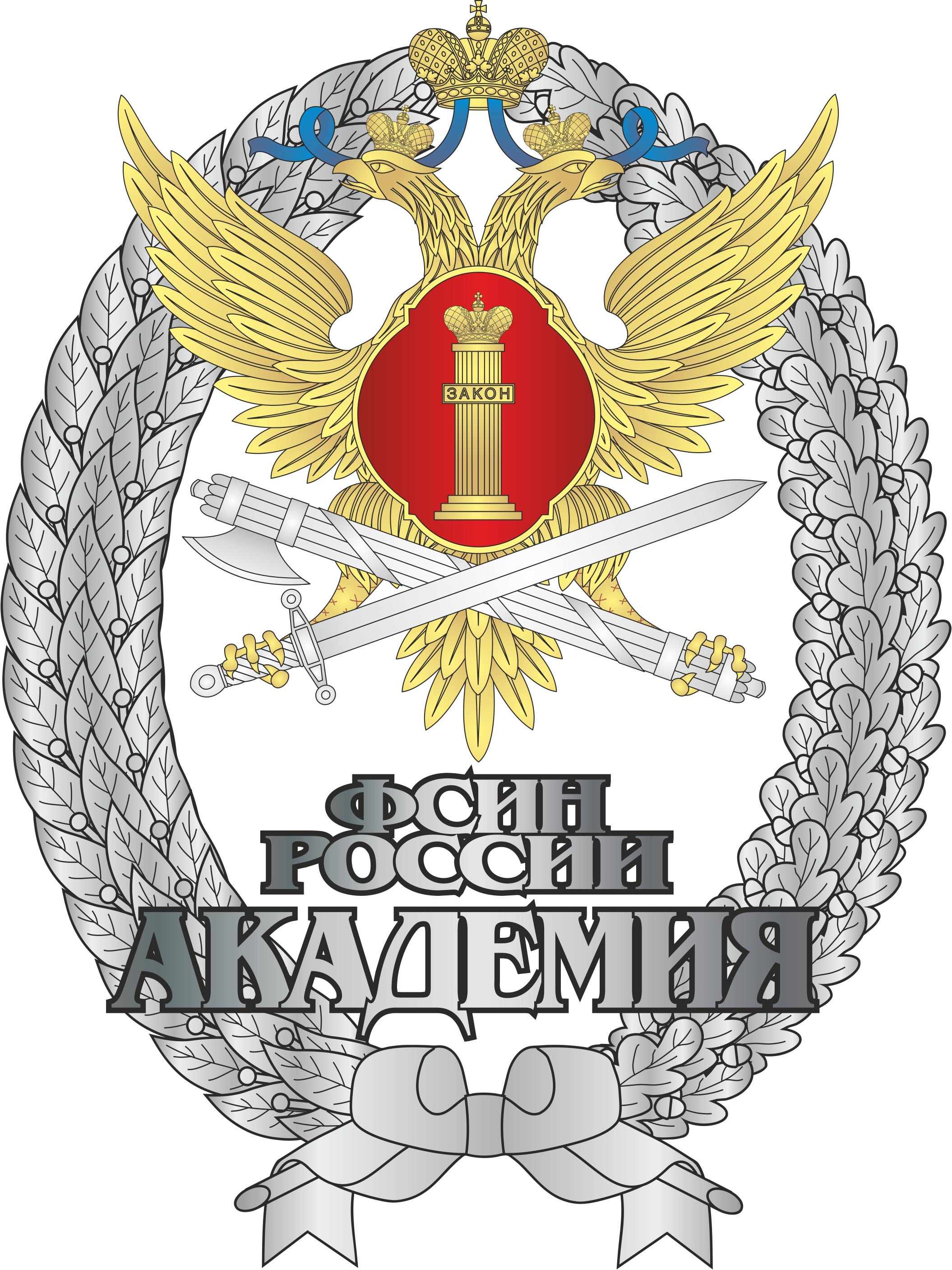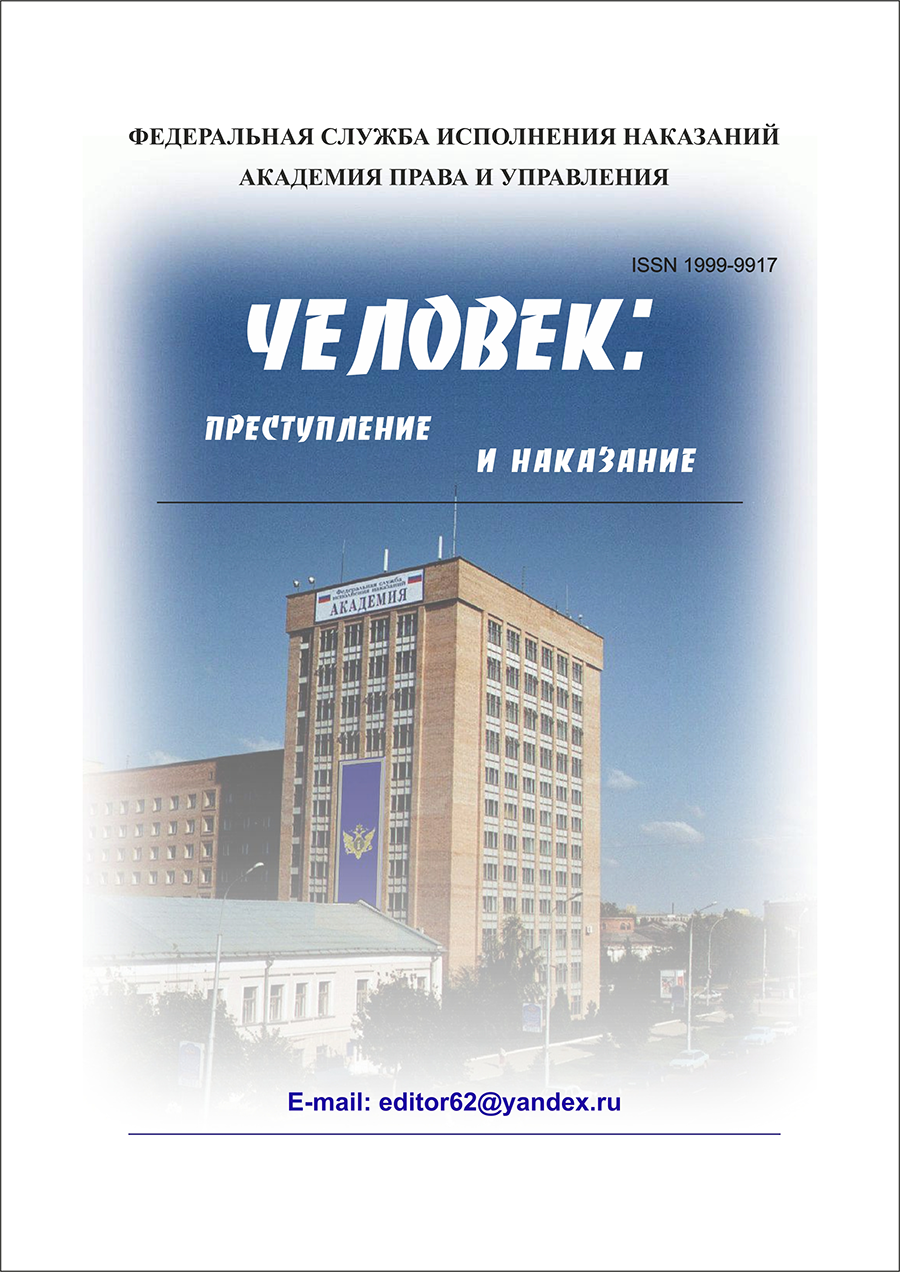The high public response, caused by regularly detected cases of coercion to testify during the investigation, determines the relevance of the scientific study of this problem. In the course of the present study, the author examines the motives that motivate law enforcement officers in the past and in the present to use violence against the interrogated persons, assesses the historical, legal, moral prerequisites of coercion as a criminal procedural method or means of obtaining evidence. The methodological effectiveness of coercion from the point of view of forensic tactics, as well as the reliability and value of the evidence obtained in this way are considered. As a result of the study, the author comes to the conclusion that the existing negative attitude to the evidentiary value of testimony, obtained under coercion, is based on a mistaken understanding of the motives for its application. While condemning the use of violence from the point of view of humanity and respect for human rights, the author appreciates the potential methodological significance for the interests of truth. The results of the study should be understood beyond the mere use of violence during interrogation. Abstracting from the formal idea of violence as a physical and moral torture, and assessing its purpose from an axiological point of view, the author believes that coercion to give truthful testimony in a form not related to causing pain to a person is an effective means of achieving the goals of the criminal process - the establishment of the truth in a criminal case.
torture, violence, confession, evidence, testimony, accused, coercion
1. Ivan'shina A. E. Pytka kak sredstvo stimulirovaniya obvinyaemogo k dache priznatel'nyh pokazaniy: retrospektivnyy analiz // Vestnik Nizhegorodskoy akademii MVD Rossii. 2018. № 2(42). S. 299-303
2. Mal'cev G. V. Mest' i vozmezdie v drevnem prave. M. : Norma, INFRA-M, 2012. 633 s
3. Anisimov E. V. Dyba i knut. Politicheskiy sysk i russkoe obschestvo v XVIII veke. M. : Novoe literaturnoe obozrenie, 1999. 720 s
4. Spasovich V. D. Izbrannye trudy i rechi / sost. I. V. Potapchuk. Tula : Avtograf, 2000. 496 s
5. Rossiyskoe zakonodatel'stvo X-XX vekov : v 9 t. / otv. red. A. G. Man'kov. M. : Yurid. lit., 1986. T. 4 : Zakonodatel'stvo perioda stanovleniya absolyutizma. 512 s
6. Korf M. A. Braunshveygskoe semeystvo. M., 1993. 413 s
7. Serov V. V. Enciklopedicheskiy slovar' krylatyh slov i vyrazheniy. M. : Lokid-Press, 2005. 852 s
8. Chel'cov-Bebutov M. A. Obvinyaemyy i ego pokazaniya v sovetskom ugolovnom processe. M. : Minyust SSSR, 1947. 52 s
9. Vyshinskiy A. Ya. Teoriya sudebnyh dokazatel'stv v sovetskom prave. M. : Yurid. lit., 1950. 308 s
10. Barabash A. S. Dokazatel'stvennaya cennost' priznaniya obvinyaemym svoey viny vchera, segodnya // Vestnik Volgogradskogo gosudarstvennogo universiteta. Ser. 5 : Yurisprudenciya. 2015. № 1(26). S. 15-24
11. Naryshkina N. I. Klassifikaciya pytok, praktikovavshihsya v tyur'mah Rossii i Evropy // Vestnik Voronezhskogo instituta FSIN Rossii. 2018. № 3. S. 182-186
12. Shelegov Yu. V. Pytki kak kraynyaya forma deviacii v ugolovnom sudoproizvodstve na stadii predvaritel'nogo rassledovaniya // Deviaciya v sovremennom rossiyskom obschestve. Ee profilaktika i minimizaciya : materialy Vseros. nauch.-prakt. konf. Irkutsk : Vostochno-Sibirskiy institut MVD Rossii, 2018. S. 63-67
13. Ivan'shina A. E. Stimulirovanie obvinyaemogo k priznaniyu svoey viny: problema minimizacii riskov // Yuridicheskaya tehnika. 2019. № 13. S. 678-681
14. Barabash A. S. Sovershenstvovanie ugolovno-processual'nogo mehanizma zaschity grazhdan ot nezakonnogo nasiliya so storony sotrudnikov pravoohranitel'nyh organov // Obespechenie prav i svobod cheloveka i grazhdanina : sb. st. po itogam materialov Mezhdunar. nauch.-prakt. konf., Tyumen', 17-18 noyabrya 2005 g. : v 5 ch. / pod red. G. N. Chebotareva. Tyumen', 2006. Ch. 4. S. 45-48
15. Gordeychik S. A., Egorova N. A. Pytki na predvaritel'nom rassledovanii: prichiny i preduprezhdenie // Vestnik Volgogradskoy akademii MVD Rossii. 2012. № 2(21). S. 94-99
16. Kashnikov B. N. Nasilie spravedlivosti i spravedlivost' nasiliya // Voenno-yuridicheskiy zhurnal. 2013. № 8. S. 20-28
17. Shayo A. Samoogranichenie vlasti (kratkiy kurs konstitucionalizma). M. : Yurist, 2001. 292 s
18. Katkov D. B., Korchigo E. V. Konstitucionnoe pravo Rossii : ucheb. posobie / otv. red. Yu. A. Vedeneev. M. : Yurisprudenciya, 1999. 288 s
19. Vitruk N. V. Obschaya teoriya pravovogo polozheniya lichnosti. M. : Norma, 2008. 448 s
20. Lukasheva E. A. Socialisticheskoe pravo i lichnost'. M., 1987. 155 s
21. Il'in I. A. Put' k ochevidnosti. M. : Respublika, 1993. 430 s
22. Dikaev S. U. Dopustimo li primenenie pytok v celyah obespecheniya prava bezopasnosti? // Kriminologiya: vchera, segodnya, zavtra. 2014. № 2(33). S. 25-30
23. Eminceva Yu. A. Mesto zapreta pytok v sisteme obschepriznannyh prav cheloveka // NovaUm.Ru. 2016. № 4. S. 152-154
24. Danilov A. P. Vseob'emlyuschee narushenie tayny obscheniya kak mera bezopasnosti // Kriminologiya: vchera, segodnya, zavtra. 2014. № 1(32). S. 41-47
25. Ivan’shina, A. E. 2018, ‘Torture as a means of inducing an accused to confess: a retrospective analysis’, Bulletin of the Nizhny Novgorod Academy of the Ministry of Internal Affairs of Russia, iss. 2(42), pp. 299-303
26. Mal’tsev, G. V. 2012, Revenge and retribution in ancient law, Norma, INFRA-M Publ., Moscow. Anisimov, E. V. 1999, The rack and a whip. Political investigation and Russian society in the XVIII century, New literary review Publ., Moscow
27. Spasovich, V. D. 2000, Selected works and speeches, Avtograf Publ., Tula
28. Man’kov, A. G. (ed.) 1986, Russian legislation of X-XX centuries, in 9 vols, vol. 4, Legislation of the period of formation of absolutism, Juridical literature Publ., Moscow
29. Korf, M. A. 1993, The Braunschweig family, Moscow
30. Serov, V. V. 2005, Encyclopedic dictionary of winged words and expressions, Lokid-Press Publ., Moscow
31. Chel’tsov-Bebutov, M. A. 1947, An accused and his testimony in the soviet criminal trial, Ministry of justice of the USSR, Moscow
32. Vyshinskiy, A. Ya. 1950, Theory of judicial evidence in Soviet law, Juridical literature Publ., Moscow. Barabash, A. S. 2015, ‘The evidentiary value of the guilty plea by an accused yesterday, today’, Bulletin of Volgograd state University, Series 5 Jurisprudence, iss. 1(26), pp. 15-24
33. Naryshkina, N. I. 2018, ‘Classification of torture practiced in prisons in Russia and Europe’, Bulletin of the Voronezh Institute of the FPS of Russia, iss. 3, pp. 182-186
34. Shelegov, Yu. V. 2018, ‘Torture as an extreme form of deviation in criminal proceedings at the stage of preliminary investigation’, in Deviation in modern Russian society. Its prevention and minimization: Materials of the all-Russian scientific and practical conference, pp. 63-67, East Siberian Institute of the Ministry of Internal Affairs of Russia, Irkutsk
35. Ivan’shina, A. E. 2019, ‘Encouraging the accused to plead guilty: the problem of risks minimizing’, Legal technique, iss. 13, pp. 678-681
36. Barabash, A. S. 2006, ‘Improvement of the criminal procedure mechanism of citizens protection from illegal violence by law enforcement officers’, in G. N. Chebotarev (ed.), Ensuring human and civil rights and freedoms: Proceedings of the International scientific and practical conference, Tyumen, November 17-18, 2005, in 5 vols, vol. 4, pp. 45-48, Tyumen
37. Gordeychik, S. A. & Egorova, N. A. 2012, ‘Torture in pretrial investigation: causes and prevention’, Bulletin of the Volgograd Academy of the Ministry of Internal Affairs of Russia, iss. 2(21), pp. 94-99
38. Kashnikov, B. N. 2013, ‘Violence of justice and justice of violence’, Military law journal, iss. 8, pp. 20-28
39. Shayo, A. 2001, The selflimitation of power (a short course of constitutionalism), Yurist Publ., Moscow
40. Katkov, D. B. & Korchigo, E. V. 1999, Constitutional law of Russia, Jurisprudence Publ., Moscow. Vitruk, N. V. 2008, General theory of the legal status of the individual, Norma Publ., Moscow. Lukasheva, E. A. 1987, Socialist law and personality, Nauka Publ., Moscow
41. Il’in, I. A. 1993, The path to evidence, Respublika Publ., Moscow
42. Dikaev, S. U. 2014, ‘Is it permissible to use torture in order to ensure national security?’, Criminology: yesterday, today, tomorrow, iss. 2(33), pp. 25-30
43. Emintseva, Yu. A. 2016, ‘The place of torture prohibition in the system of universally recognized human rights’, NovaUm.Ru, iss. 4, pp. 152-154
44. Danilov, A. P. 2014, ‘Comprehensive breach of communication secrecy as a security measure’, Criminology: yesterday, today, tomorrow, iss. 1(32), pp. 41-47









